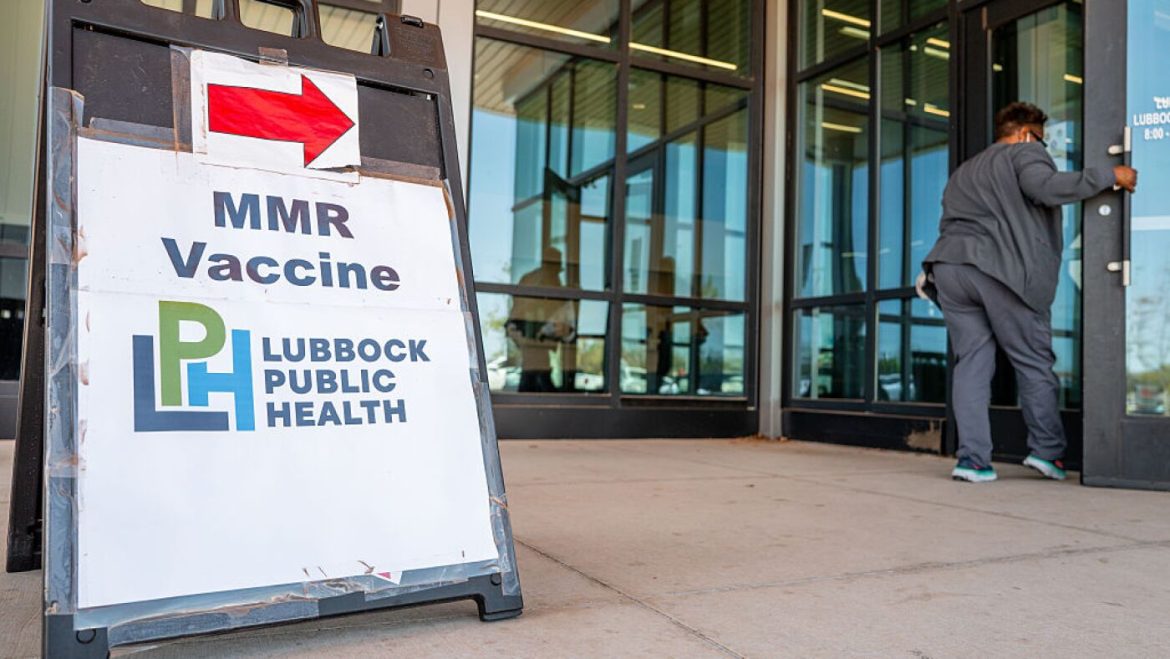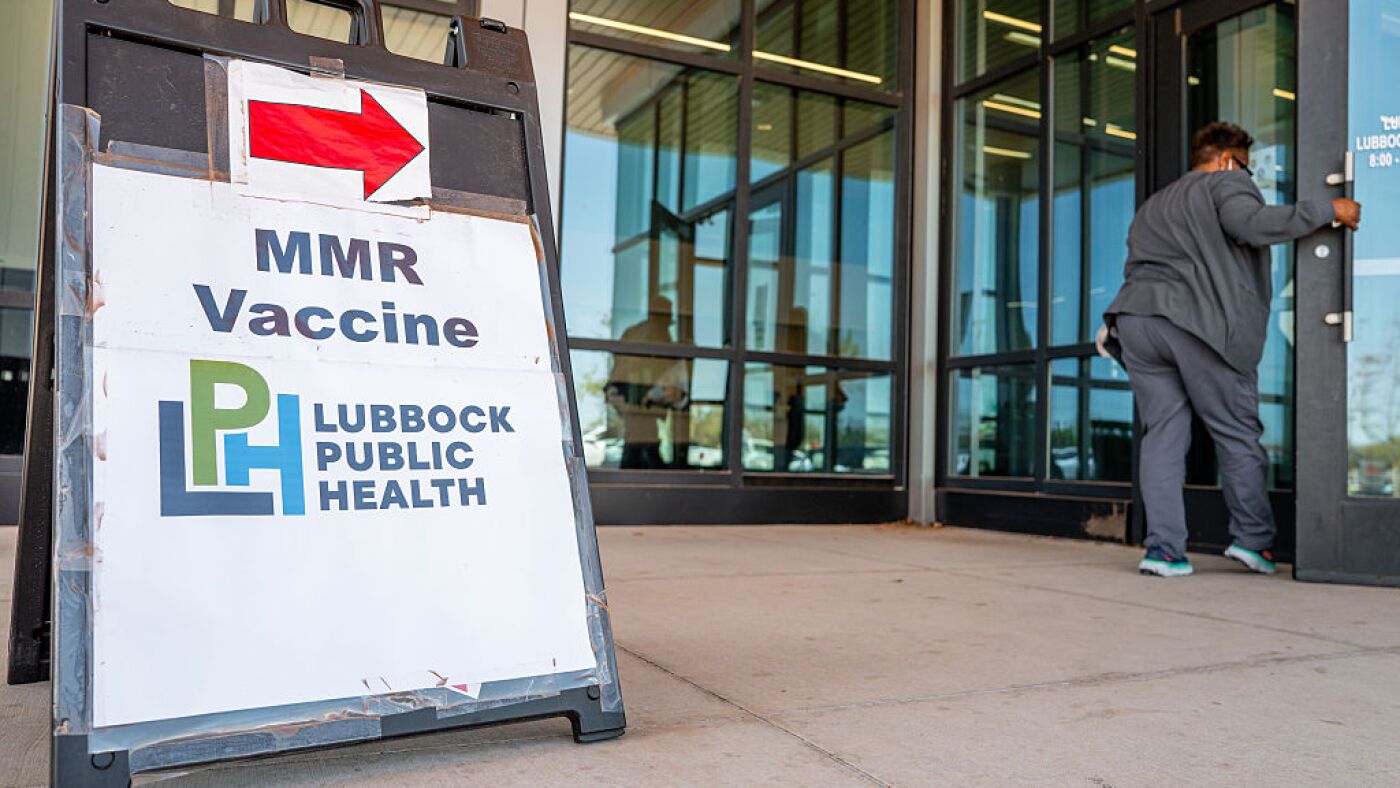The Texas Measles Outbreak: A Comprehensive Analysis
Introduction
The recent measles outbreak in Texas has garnered significant attention due to its scale and the challenges it presents to public health officials. This analysis delves into the key aspects of the outbreak, its impact, and the measures being taken to control it.
The Scope of the Outbreak
The measles outbreak in Texas, which began in January 2025, has rapidly become the largest since 2000. As of the latest reports, over 683 cases have been confirmed, with the virus spreading across multiple counties. The outbreak has not been confined to Texas; related cases have been reported in neighboring states such as New Mexico and Oklahoma, as well as in Chihuahua, Mexico. The rapid spread of the virus has raised concerns about its potential to become a regional epidemic.
Public Health Response
The public health response to the outbreak has been multifaceted, involving various stakeholders including local health departments, state health services, and federal agencies like the Centers for Disease Control and Prevention (CDC). Katherine Wells, the public health director in Lubbock, Texas, has been at the forefront of the fight against the outbreak. Her efforts, along with those of other health officials, have focused on containment, vaccination drives, and public awareness campaigns.
Vaccination and Prevention
Vaccination remains the most effective tool in preventing the spread of measles. The CDC and the Texas Department of State Health Services (DSHS) have emphasized the importance of immunization. Two doses of the measles-mumps-rubella (MMR) vaccine are recommended for complete protection. Despite this, vaccination rates in affected areas have been declining, which has exacerbated the outbreak. Lara Johnson, the chief medical officer at Covenant Children’s Hospital in Lubbock, has highlighted the 97% effectiveness of the vaccine, even after exposure.
Challenges and Controversies
The outbreak has been complicated by vaccine skepticism and misinformation. Some communities have been resistant to vaccination due to unfounded fears about vaccine safety. This has led to a significant portion of the population being unvaccinated, making them susceptible to the virus. The Texas health department has been working to address these concerns through public education and outreach programs.
Impact on Healthcare Systems
The outbreak has placed a substantial burden on healthcare systems in the affected regions. Hospitals have seen a surge in patients, with over 40 people hospitalized due to measles. Tragically, the outbreak has resulted in the death of one child, marking the first measles-related fatality in a decade. The emotional and financial toll on families and healthcare providers has been immense.
Future Projections
Public health experts predict that the outbreak may continue for another year, given the current trends and the challenges in controlling the spread. The CDC and local health departments are closely monitoring the situation and adjusting their strategies to mitigate further spread. The outbreak serves as a stark reminder of the importance of vaccination and the dangers of vaccine hesitancy.
Conclusion
A Call to Action
The Texas measles outbreak underscores the critical need for robust public health measures and community engagement. Vaccination remains our strongest defense against this highly contagious disease. It is imperative that public health officials, healthcare providers, and community leaders work together to address vaccine skepticism and promote immunization. The fight against measles is not just a battle against a virus; it is a battle for public health and the well-being of our communities.


